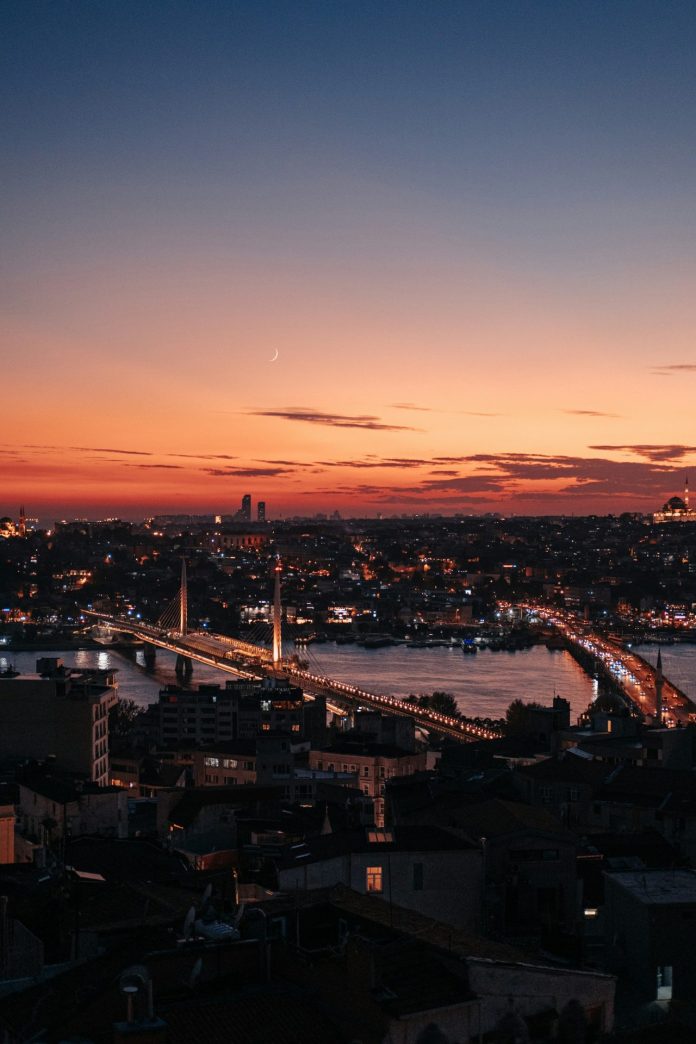The Middle East is renowned for its massive oil reserves, which have been a defining factor in its dealings with other superpowers that are keen to tap into the region’s deep wealth.
The United States has traditionally been hugely influential in the Middle East, particularly with regards to politics. However, it is now shaping the region in several other ways.
The Middle East Has Become a Playground for Gaming
Gaming has long been one of the US’ most successful cultural exports, with companies such as Activision Blizzard and Epic Games leading the charge.
It used to be nothing more than a pastime for Middle Eastern youngsters, but it is gradually becoming a key pillar of economic growth, with several nations investing heavily in the sector.
Saudi Arabia, through its Public Investment Fund (PIF), has invested billions into gaming, purchasing stakes in a couple of prominent companies, including Nintendo.
The country aims to become a global hub for eSports by 2030 – a plan that is part of its vision to diversify its revenue stream and reduce its reliance on oil.
Professional gaming tournaments are a hallmark of the US gaming culture, and they are rapidly gaining traction across the Middle East.
Dubai hosted the Girl Gamer eSports Festival, while Riyadh’s ‘Gamers8’ became one of the world’s largest gaming events, offering multi-million-dollar prize pools.
These events are not only attracting international gamers but also spurring the local economy through tourism and sponsorship deals, proving that the US gaming model is a perfect fit for the Middle East.
Gambling Remains a Controversial Market
Gambling is inherently a sensitive topic in the Middle East, considering that the strict religious laws that govern the land prohibit such activities.
However, the US model of regulated and legalised gambling is subtly influencing the Middle East landscape, with a handful of nations now keen to explore the potential benefits of the industry.
The United Arab Emirates has awarded a lottery licence and given the green light for casinos to operate freely within its borders, albeit under strict regulations.
Other nations are also starting to enter the gambling sector, but the US influence has failed to penetrate countries such as Kuwait that have dug their heels in on the subject of gambling.
Despite their conservative stance, recent events in the region, coupled with pressure from neighbours, suggest it’s only a matter of time before they jump on the bandwagon.
If that happens, real money online casinos in Kuwait will be able to operate freely, while the government also stands to benefit from their operations.
It would also reduce the number of Arab players who patronise platforms regulated by foreign organisations and boost tax revenues in the country
Tourism on the Rise as Visitors Seek Modern Experiences
Tourism has always been a key economic driver for the Middle East, but recent years have seen a noticeable pivot toward experiences heavily influenced by US culture.
High-profile events such as the Expo Dubai in 2020 and the 2022 World Cup in Qatar were organised with global audiences in mind.
American-style theme parks, shopping malls and entertainment districts have also become a recurring theme across the region.
The UAE has partnered with Wynn Resort to build a casino-style resort that mirrors their establishment in Las Vegas, while Saudi Arabia is also working on a NEOM project, a futuristic city with elements of Silicon Valley and Hollywood.
The idea behind these mega-moves is to blend Middle Eastern hospitality with the convenience and innovation of US tourism models, which would appeal to both local and international visitors.
The influx of American-style tourism is as much about cultural exchange as it is about infrastructure.
This approach not only boosts tourism revenue but also redefines how the world views the Middle East, presenting it as a modern, inclusive and dynamic region.
Entertainment – Hollywood Meets the Gulf
Entertainment is one of the primary gateways for US culture to sink its teeth into the Middle East.
US-based streaming giants, including Netflix and Disney+, are increasingly expanding their reach into the region, giving the locals a way to keep up with their traditional series while feeding them familiar content.
Cinemas were previously banned in Saudi Arabia, but the remarkable growth of the movie industry has ensured the return of film houses, with the country keen to become the Hollywood of the desert.
The burgeoning movie industry in Saudi Arabia is partnering with Hollywood studios, while Jeddah has also hosted the Red Sea International Film Festival that lured global stars to the region.
Music and live entertainment are also part of the new order, with American artists now hosting shows and concerts in cities such as Riyadh, Abu Dhabi and Dubai.
The Middle East has also started using American-style concerts to generate revenue through large-scale productions and merchandise sales.
The Middle East is undoubtedly importing US entertainment, but it is making tweaks to keep its style unique. It’s mirroring the success of the US industry while carving out its own identity.



 Bitcoin
Bitcoin  Ethereum
Ethereum  Tether
Tether  XRP
XRP  USDC
USDC  Solana
Solana  TRON
TRON  Lido Staked Ether
Lido Staked Ether  Cardano
Cardano  Avalanche
Avalanche  Toncoin
Toncoin